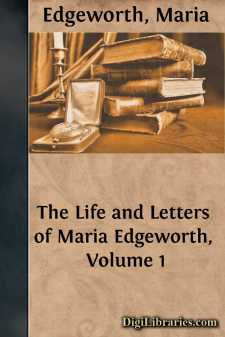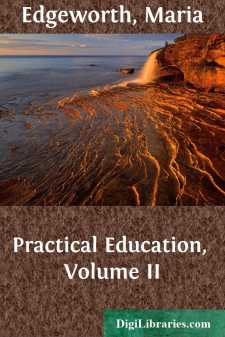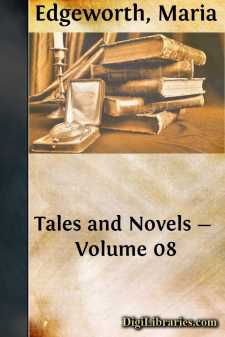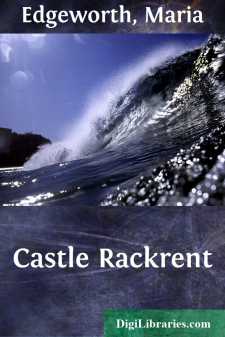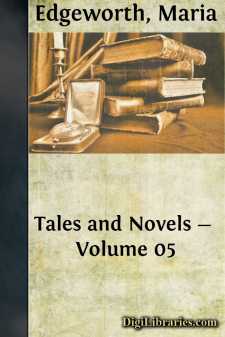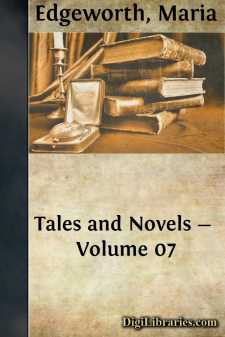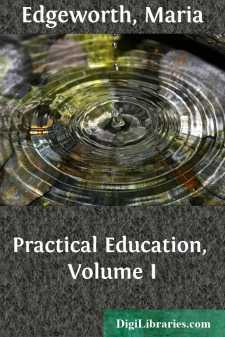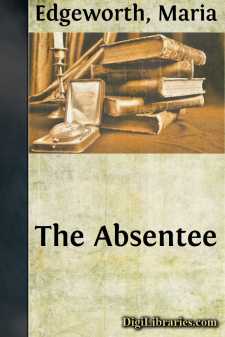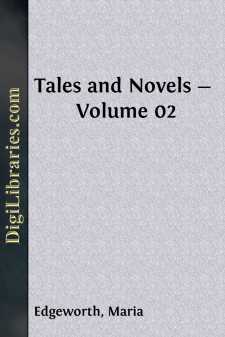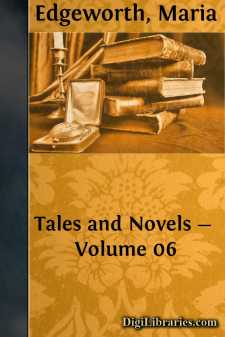Categories
- Antiques & Collectibles 13
- Architecture 36
- Art 48
- Bibles 22
- Biography & Autobiography 815
- Body, Mind & Spirit 144
- Business & Economics 28
- Children's Books 18
- Children's Fiction 14
- Computers 4
- Cooking 94
- Crafts & Hobbies 4
- Drama 346
- Education 58
- Family & Relationships 59
- Fiction 11834
- Games 19
- Gardening 17
- Health & Fitness 34
- History 1378
- House & Home 1
- Humor 147
- Juvenile Fiction 1873
- Juvenile Nonfiction 202
- Language Arts & Disciplines 89
- Law 16
- Literary Collections 686
- Literary Criticism 179
- Mathematics 13
- Medical 41
- Music 40
- Nature 179
- Non-Classifiable 1768
- Performing Arts 7
- Periodicals 1453
- Philosophy 65
- Photography 2
- Poetry 896
- Political Science 203
- Psychology 44
- Reference 154
- Religion 515
- Science 126
- Self-Help 85
- Social Science 82
- Sports & Recreation 34
- Study Aids 3
- Technology & Engineering 59
- Transportation 23
- Travel 463
- True Crime 29
Our website is made possible by displaying online advertisements to our visitors.
Please consider supporting us by disabling your ad blocker.
The Life and Letters of Maria Edgeworth, Volume 1
by: Maria Edgeworth
Description:
Excerpt
MARIA EDGEWORTH
In the flats of the featureless county of Longford stands the large and handsome but unpretentious house of Edgeworthstown. The scenery here has few natural attractions, but the loving care of several generations has gradually beautified the surroundings of the house, and few homes have been more valued or more the centre round which a large family circle has gathered in unusual sympathy and love. In his Memoirs, Mr. Edgeworth tells us how his family, which had given a name to Edgeworth, now Edgeware, near London, came to settle in Ireland more than three hundred years ago. Roger Edgeworth, a monk, having taken advantage of the religious changes under Henry VIII., had married and left two sons, who, about 1583, established themselves in Ireland. Of these, Edward, the elder, became Bishop of Down and Connor, and died without children; but the younger, Francis, became the founder of the family of Edgeworthstown. Always intensely Protestant, often intensely extravagant, each generation of the Edgeworth family afterwards had its own picturesque story, till Richard Edgeworth repaired the broken fortunes of his house, partly by success as a lawyer, partly by his marriage, in 1732, with Jane Lovell, daughter of a Welsh judge.
Their eldest son, Richard Lovell Edgeworth, was born in 1744, and educated in his boyhood at Drogheda School and Dublin University. Strong, handsome, clever, ingenious, and devoted to sports of every kind, he was a general favourite. But his high spirits often led him into scrapes. The most serious of these occurred during the festivities attendant on his eldest sister's marriage with Mr. Fox of Fox Hall, at which he played at being married to a young lady who was present, by one of the guests dressed up in a white cloak, with a door-key for a ring. This foolish escapade would not deserve the faintest notice, if it had not been seriously treated as an actual marriage by a writer in the Quarterly Review.
In 1761 Richard Edgeworth was removed from Dublin to Corpus Christi College at Oxford. There he arrived, regretting the gaieties of Dublin, and anxious to make the most of any little excitements which his new life could offer. Amongst the introductions he brought with him was one to Mr. Paul Elers, who, himself of German extraction, had made a romantic marriage with Miss Hungerford, the heiress of Black Bourton in Oxfordshire. Mr. Elers honourably warned Mr. Edgeworth, who was an old friend of his, that he had four daughters who were very pretty, and that his friend had better be careful, as their small fortunes would scarcely fit one of them to be the wife of his son. But the elder Mr. Edgeworth took no notice—Richard was constantly at Black Bourton; and in 1763, being then only nineteen, he fled with Miss Anna Maria Elers to Gretna Green, where they were married. Great as was Mr. Edgeworth's displeasure, he wisely afterwards had the young couple remarried by license.
The union turned out unhappily. "I soon felt the inconveniences of an early and hasty marriage," wrote the bridegroom; "but, though I heartily repented my folly, I determined to bear with firmness and temper the evil which I had brought on myself." His eldest child, Richard, was born before he was twenty; his second, Maria, when he was twenty-four....


